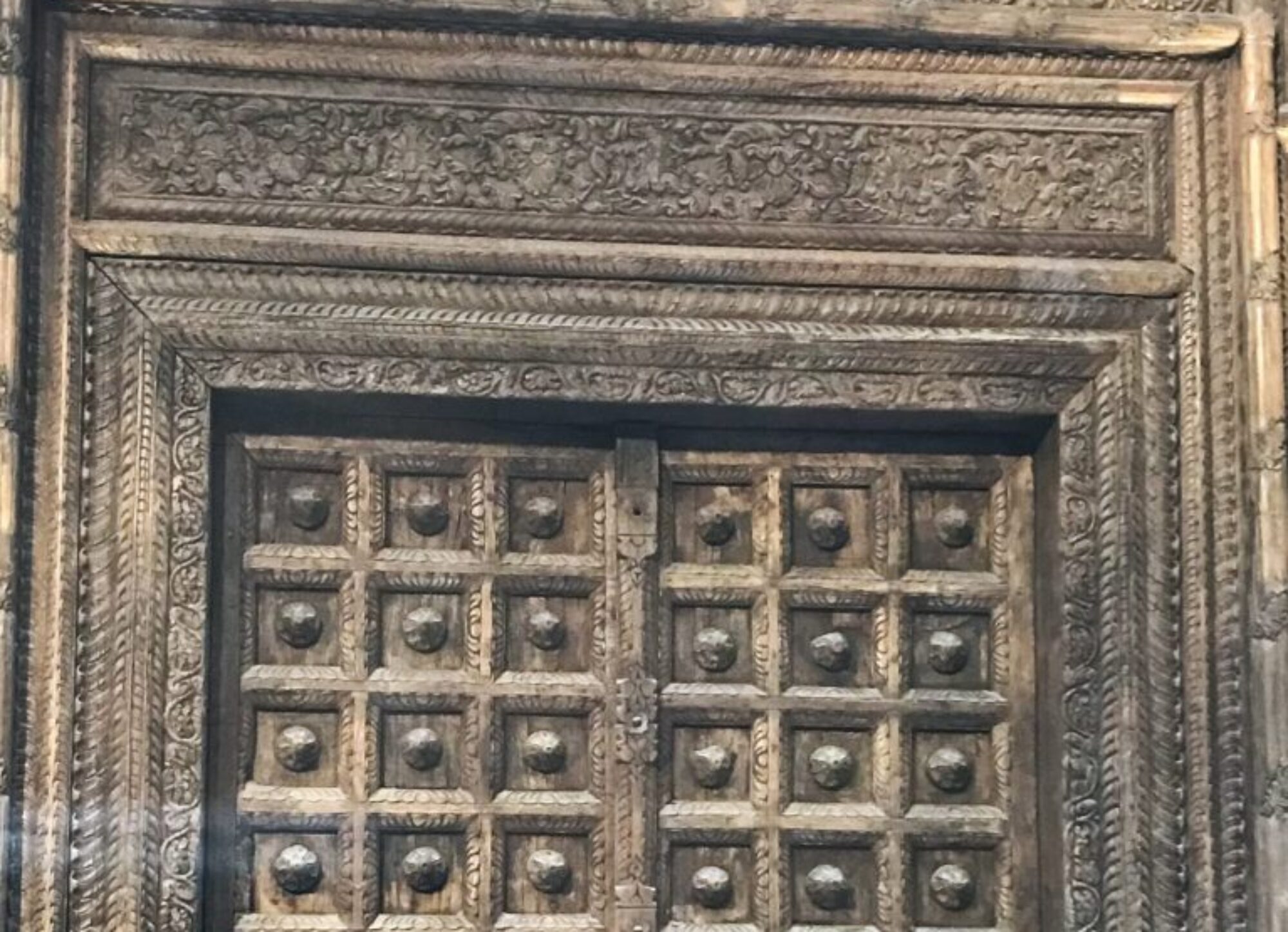In this journey called life, I believed that it was possible to keep learning for ever. A pearl of wisdom here, a nugget of information there. It all added up, I thought. It was for this reason that I listened carefully to what the resident guru of our jogging park had to say. For those who do not know him, I must make it clear that I considered our Jogging Park Guru (JPG) to be wise beyond compare, for he has an opinion or a recommendation on every subject under the Sun. He has scores of hangers-on like me, who blindly follow his advice.
“Simplify! Simplify! That is the mantra! And it is simplest to start by simplifying simple things. You will become a self-realised oneness only when you try it. Start with something small – like not combing your hair.”
I thought this advice was eminently sensible. So one fine day, I did not comb my hair. But, just to be on the safe side, I wore a cap the whole day long. Even then, the very thought that the unkempt hair under the cap had gone undetected was liberating and self-realising in a strange way. It felt as if I had cheated without actually cheating.
Having got away scott free in this escapade, I decided something bolder was in order. So I confronted the process of tying my shoelaces and the need to simplify it. Only those with a girth like mine will understand when I say that stooping to tie one’s laces is a bit of a bother. It strains the back and the paunch has the awkward habit of coming in the way. I therefore simplified the procedure by switching to shoes without laces! Even then, pulling on my socks required considerable effort. I posed this problem to the JPG and sought a solution from the wise one.
“Did anyone ever compel you to wear socks? Yes or no? Simply stop wearing them. Simple!” he advised. I must have looked horrified, because he added, “Try it sometime. No one will notice. Everyone is so wrapped up in themselves that no one is concerned about or has an interest in whether you are wearing socks or not.”
And he was right! I did not wear socks to the very next party that the little woman and I attended. I must have talked to a good twenty people and not one noticed that I was missing socks. Not even the little woman! That really emboldened me, and I did not wear socks to the next seminar of my favourite think tank. Though I felt naked, I strutted around confidently and no one noticed that my ankles were bare. The cool breeze circulating around my calves created a great sense of self-realised oneness!
Quite logically, I decided to extend the simplification process to every manner of dress. While I did not altogether stop wearing shirts, I certainly stopped bothering about a broken button or two. I also stopped caring whether I had worn the same outfit for three consecutive days. No one noticed. The next step was to stop bothering about similar trivial matters like ironing clothes, polishing shoes and shaving. Again, no one seemed to notice. The sense of liberation was truly intoxicating.
I must declare that I became very good at simplification and self-realisation. Hair, clothes, shoes, socks, nails, shaving and even washing and bathing were subjected to the simplification process as suggested by the JPG. I became so good at it that I decided last Sunday to have a small celebration by myself in the club, as befitted a simple evolved oneness.
I was stopped from entering the building by the combination major-domo – guard- steward, who stands at the main door and whose only job is to salute members of the club.
“Excuse me, Sir, but are you a member?” I looked at him wonderingly. This was the same guy who used to salaam me till a few weeks ago and he now had the temerity to stop me from entering my own club!
“Of course I am a member! Don’t you recognise me?” I asked irritably.
“Well Sir, since you are a member, I need not remind you about the dress code that we follow,” he said, with a butter won’t melt in my mouth expression, and using the pronoun ‘we’ as if he were an equal member!
A bit miffed, I was about to turn back when I saw the unkempt figure through the glass window behind the major-domo. I pointed at the bedraggled hobo, hair all tousled and unkempt, wearing rags that I would never be seen dead in.
“What about that guy there? You seem to have allowed him entry in violation of the dress code.”
“That Sir, is your reflection in the glass window,” said the flunkey frostily.
Disgusted, I wended my way to the jogging park to meet the guru and ask him if I had carried out this simplification thing a bit far. The JPG was seated at his favourite bench and I greeted him with the usual “Guru ki Jai!” But he absolutely refused to acknowledge my presence! When I persisted, he turned to two of his acolytes and said irritably, “Can’t you guys guard against such riff raff gaining entry to our jogging park? Throw him out!”
I was then unceremoniously escorted out of the park – the same park where JPG had taught me the basics of simplification and self-realisation. I have now simply decided to stop simplification. I have decided to stop any further pursuit of oneness. I have also decided against any further accumulation of wisdom. Now I simply want my life to become unsimpler.
